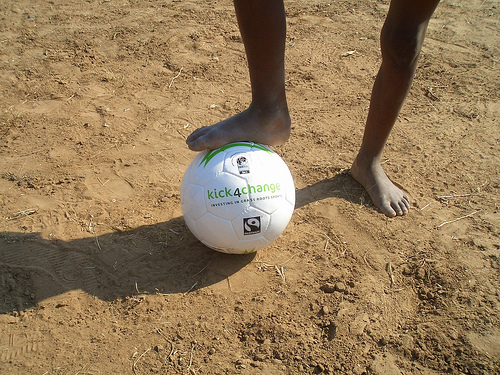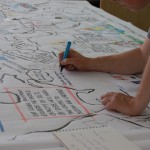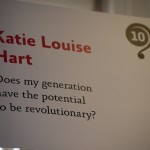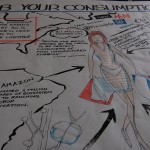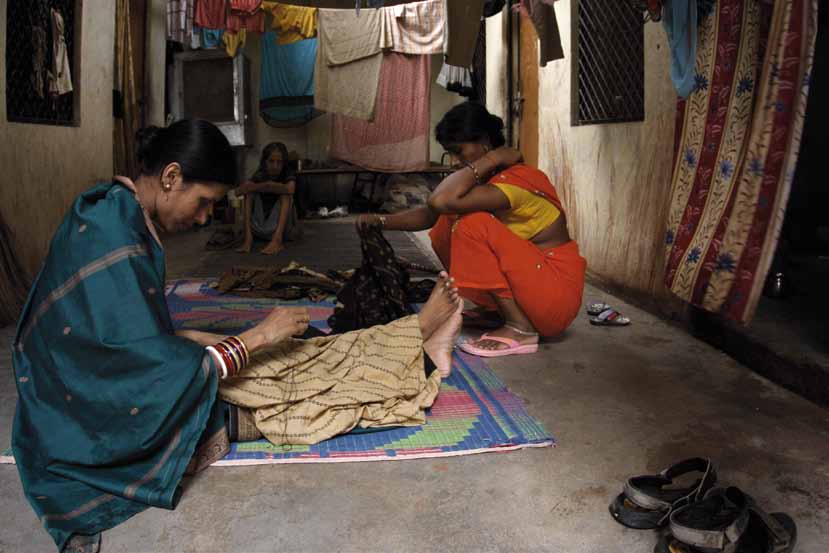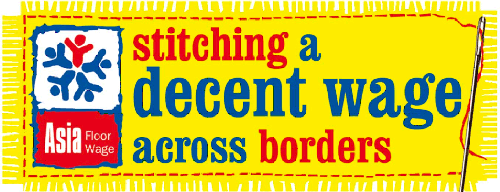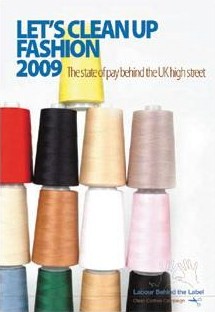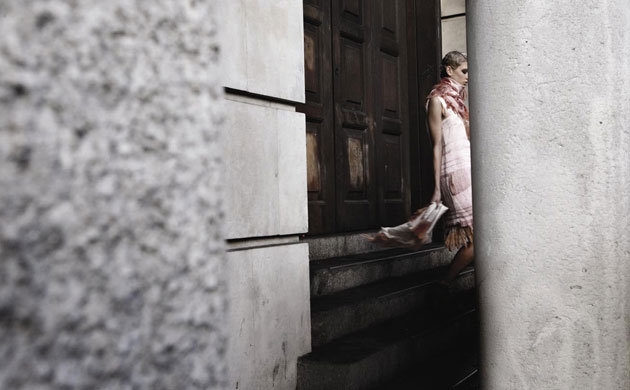
Miriam Rhida
I’ve got some exciting news to share with you! On November 25th I won the “Systems for a Sustainable Future Award” in the Fashioning the Future international student competition. This competition is run through the Centre for Sustainable Fashion at London College of Fashion. There were 5 winners in total, each representing five separate categories, with forty finalists over all. I’m excited to have had the opportunity to showcase and share my graduate research, and this website.
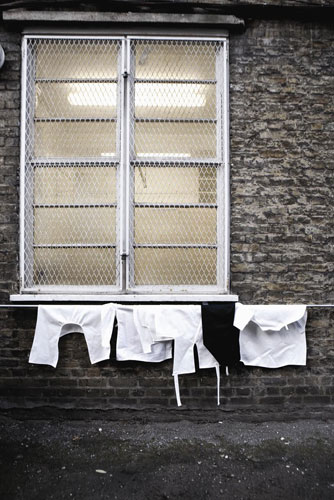
Emma Rigby
Zoe Fletcher won the Enterprise & Communication Initiative for a Future Fashion Industry Award (Highly Commended: Ruby Hoette and Julia Crew)
Varun Gambhir won the Role of Materials in a Sustainable Fashion Industry Award (Highly Commended: Karina Micheal)
Mary Hanlon won the Systems for a Sustainable Fashion Industry Award
Miriam Rhida won the Design for a Thriving Fashion Industry Award (Highly Commended: Eleanor Dorrien-Smith and On Ying Lai)
Emma Rigby won the Water – The Right for All Citizens of this Planet Award (Highly Commended: Anne Prahl).
International competitions such as the Fashioning the Future awards offer students the chance not only to showcase their work, but to benchmark themselves against other students in their field at the international level.
Please visit the Centre for Sustainable Fashion to check out the details of the competition, and the full list of finalists! For more images, check out this photo gallery from The Guardian.

On Ying
Also, if you are in London, be sure to stop by London’s City Hall and London College of Fashion to check out the highlights from the 2009 awards. Here are the details:
FASHIONING THE FUTURE AT CITY HALL, 19 November – 4 December 2009
Highlights of the 2009 awards to be showcased at London’s City Hall, with thanks to the London Sustainable Development Commission.
Open to the public, free of charge.
Greater London Authority, City Hall, The Queen’s Walk, London SE1 2AA
FASHIONING THE FUTURE AT FASHION SPACE GALLERY, 16 November – 11 December 2009
Highlights of the 2009 awards to be showcased at London College of Fashion.
Open to the public, free of charge.
London College of Fashion, 20 John Princes Street, London W1G 0BJ
Congratulations everyone! And thank you for your support!
Images via The Guardian

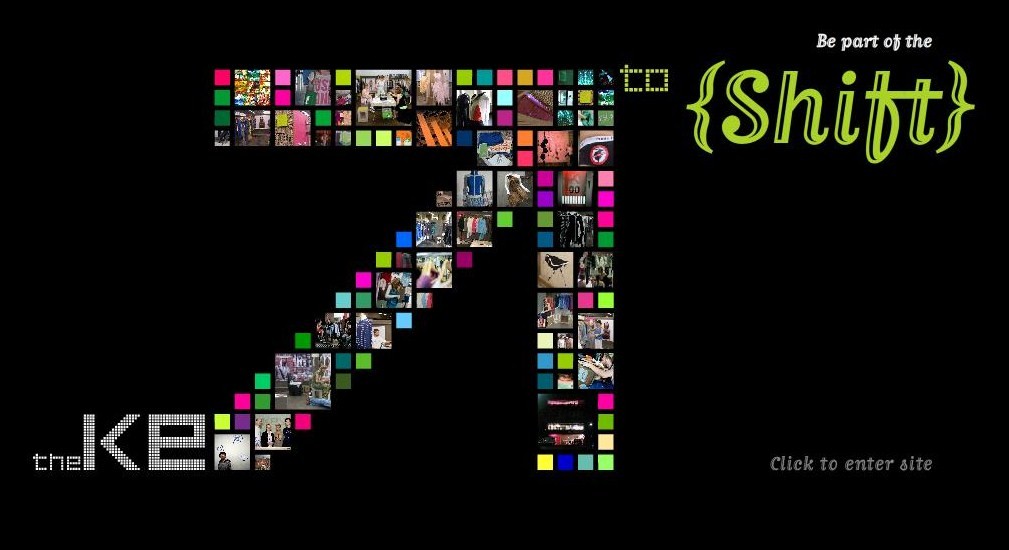
 This lesson introduces the following concepts: consumer choice, designer choice, the ‘Ecofashion Lexicon,’ greenwashing, unintelligent design, and cradle to cradle design theory. For more information on these issues, please visit the ‘Works Cited’ page at the end of the lesson.
This lesson introduces the following concepts: consumer choice, designer choice, the ‘Ecofashion Lexicon,’ greenwashing, unintelligent design, and cradle to cradle design theory. For more information on these issues, please visit the ‘Works Cited’ page at the end of the lesson.